You may also be interested in
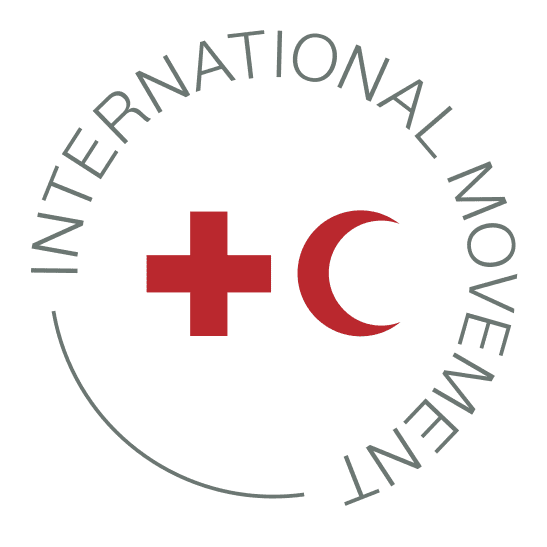
Resolution on Safeguarding Humanitarian Data
The resolution Safeguarding Humanitarian Data addresses the centrality of data for humanitarian actions. It reiterates previous initiatives and resolutions of the International Red Cross and Red Crescent Movement.

Understanding Humanitarian Diplomacy: Principles and Practice
This book, edited by Hafize Zehra Kavak, introduces readers to the development, principles, and philosophy of humanitarian diplomacy, before demonstrating how it works in practice, using a range of case studies from humanitarian work in the field.

Message on Switzerland’s International Cooperation in 2013-2016
The text discusses Switzerland's international cooperation activities from 2013 to 2016.

Humanitarian Negotiations with Armed Groups: A Manual and Guidelines for Practitioners
The manual provides guidance for practitioners engaging in negotiations with armed groups in humanitarian settings, emphasizing the importance of effective communication, building trust, and understanding the motivations of armed groups. It outlines key principles and strategies to ensure successful humanitarian negotiations and highlights the critical role of negotiation skills in securing access to deliver aid to vulnerable populations.
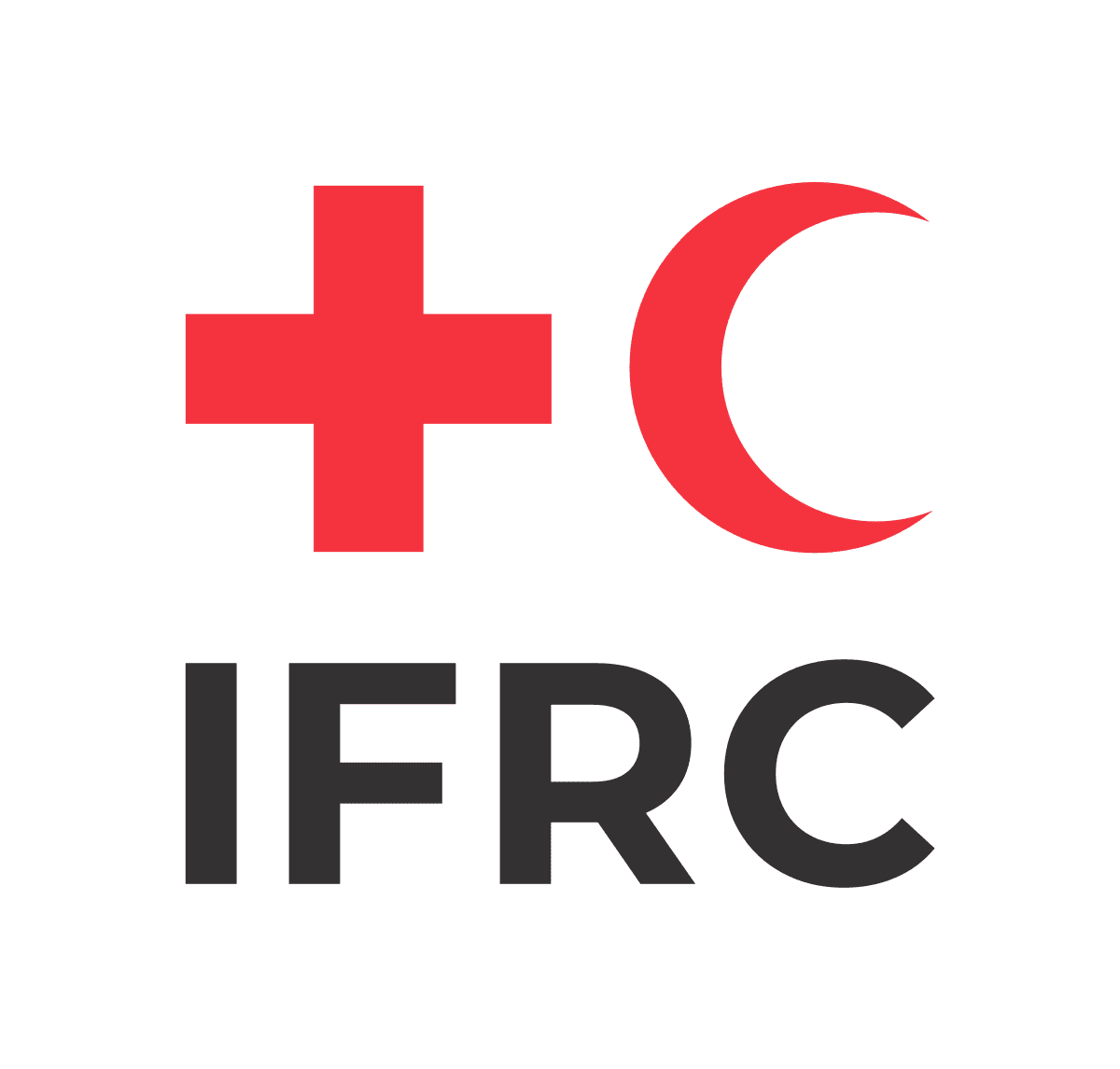
Humanitarian Diplomacy Policy
Humanitarian diplomacy is persuading decision makers and opinion leaders to act, at all times, in the interests of vulnerable people, and with full respect for fundamental humanitarian principles.

IFRC and Humanitarian Diplomacy
The International Federation of Red Cross and Red Crescent Societies (IFRC) emphasizes the importance of humanitarian diplomacy in assisting vulnerable populations during crises around the world. Through collaboration with governments, organizations, and communities, the IFRC aims to advocate for humanitarian principles and provide essential aid to those in need. By engaging in diplomatic efforts, the IFRC can ensure effective response and support for humanitarian causes globally.
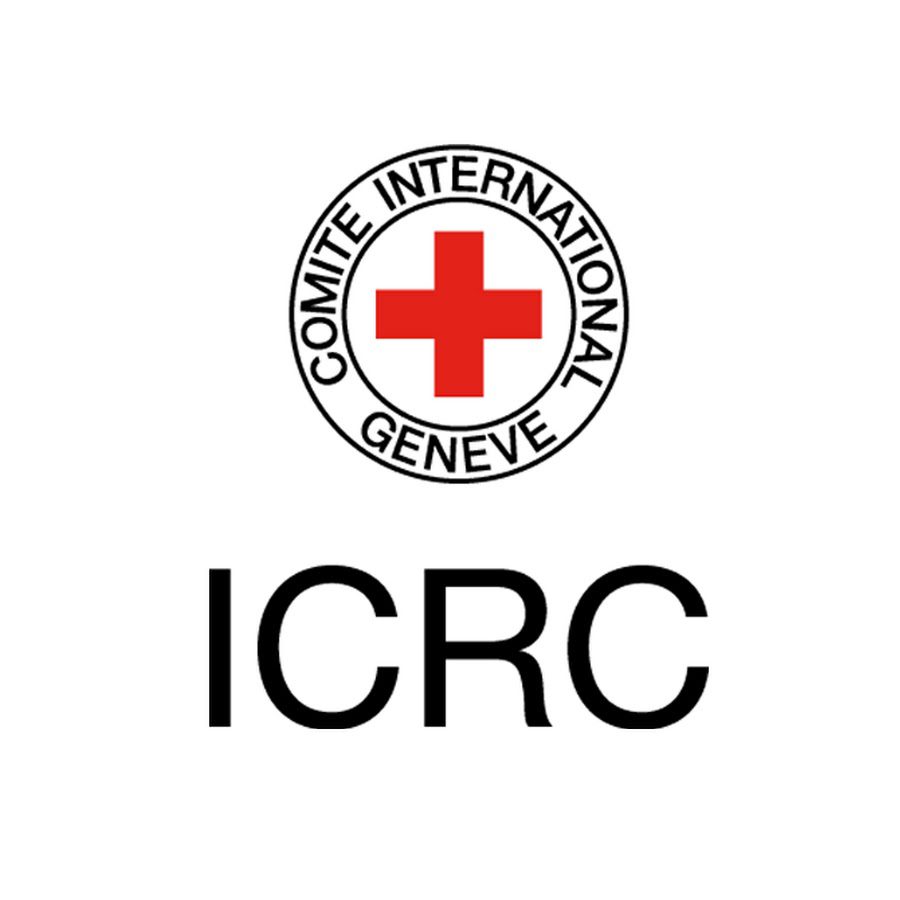
Humanitarian diplomacy
The message highlights the importance of humanitarian diplomacy as a critical tool in addressing global challenges and promoting humanitarian efforts worldwide.
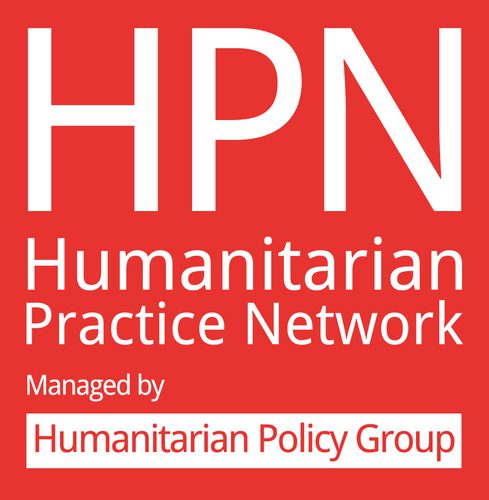
Humanitarian Practice Network Paper
The humanitarian community uses many approaches to evidence. Representative initiatives are presented in Table 1. The many different data gatherers, managers, users and donors have prompted recent efforts to inventory and critique these varied approaches. In October 2007, the UN Office for the Coordination of Humanitarian Affairs (OCHA) began a two-year multisectoral study into the Assessment and Classification of Emergencies (ACE). The terms of reference for the study identified 17 global initiatives relevant to emergency assessment and analysis.1 In the terms of reference of the ...
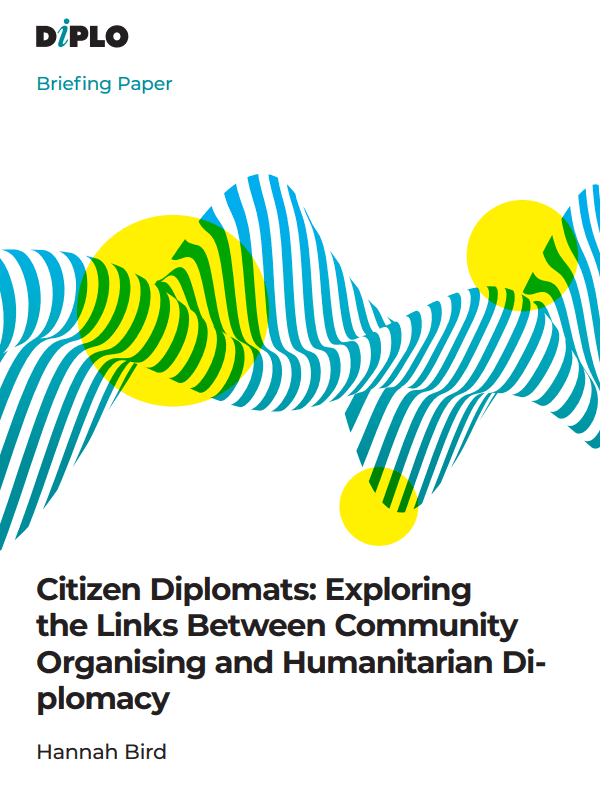
Citizen Diplomats: Exploring the Links Between Community Organising and Humanitarian Diplomacy
In this briefing paper, Hannah Bird explores the links between community organising and humanitarian diplomacy by drawing on the concepts and methods of community organising.

Humanitarian intervention and international society
The text discusses the concept of humanitarian intervention within international society.
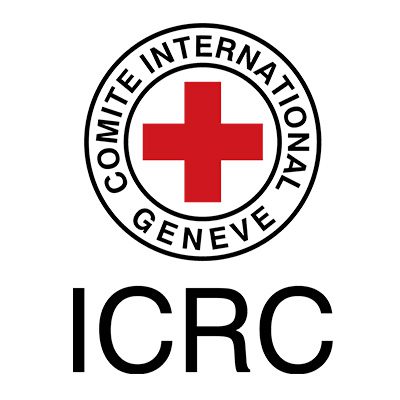
The Humanitarian Diplomacy of the International Committee of the Red Cross
The International Committee of the Red Cross engages in humanitarian diplomacy to promote respect for international humanitarian law and protect victims of armed conflicts.
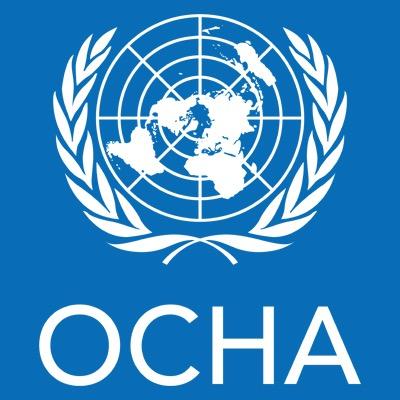
Humanitarian Principles
The text discusses the importance of applying humanitarian principles in aiding vulnerable populations, emphasizing humanity, neutrality, impartiality, and independence. These principles guide humanitarian action, ensuring that assistance is provided solely based on needs and without discrimination. Adhering to these principles helps maintain trust with affected communities and ensures effective and ethical assistance delivery.

The Fundamental Principles of the Red Cross: Commentary
The Fundamental Principles are the result of a century of experience. Proclaimed in Vienna in 1965, they bond together the National Red Cross and Red Crescent Societies, the International Committee of the Red Cross and the International Federation of Red Cross and Red Crescent Societies, and guarantee the continuity of the Movement and its humanitarian work. In this succinct commentary intended for the general public, Jean Pictet explains the meaning of each of the seven Fundamental Principles; he analyses them on the basis of different criteria and presents all their various aspects, thus mak...

Weapons Overview
The Weapons Overview provides an in-depth analysis of various weapons, including firearms, melee weapons, and explosives, covering their specifications, advantages, and best use scenarios. It aims to assist readers in making informed decisions regarding weapon selection for different situations.
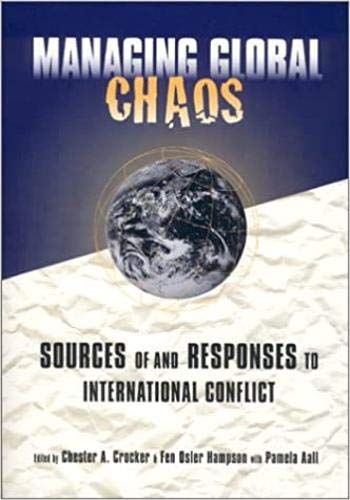
Managing Global Chaos
The message deals with strategies for managing global chaos. It discusses the importance of adaptability, resilience, and communication in navigating turbulent international waters. Leaders are advised to anticipate challenges, foster collaboration, and maintain a proactive approach to addressing crises on a global scale. The text emphasizes the need for flexibility and innovation to effectively manage chaos in a rapidly changing world.

International Humanitarian Norms and Principles
The text discusses the importance of adhering to international humanitarian norms and principles in all circumstances to protect and respect human dignity, regardless of the situation.

Humanitarian public diplomacy: International calls to action in the digital era
This dissertation examines IOs (IOs) as emerging stars in the constellation of diplomatic actors, as extra-state and supra-state entities that do not replace, but rather complement, align with and encourage states. Specifically focusing on humanitarian - those attentive to the needs of people - international organisations, the paper explores their use of calls to action as a public diplomacy tool that both activates the public and reflects the needs and desires of individuals and their communities, translated to policy context. Calls to action should be strategic, well-researched, authoritive,...
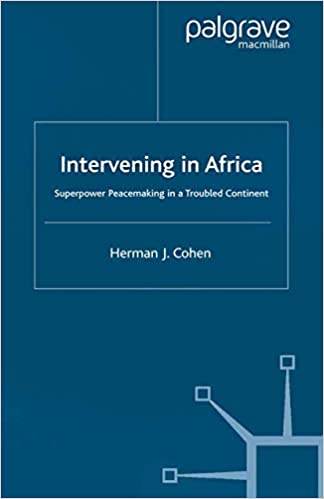
Intervening in Africa: Superpower Peacemaking in a Troubled Continent
The text discusses superpower intervention in Africa for peacekeeping purposes.
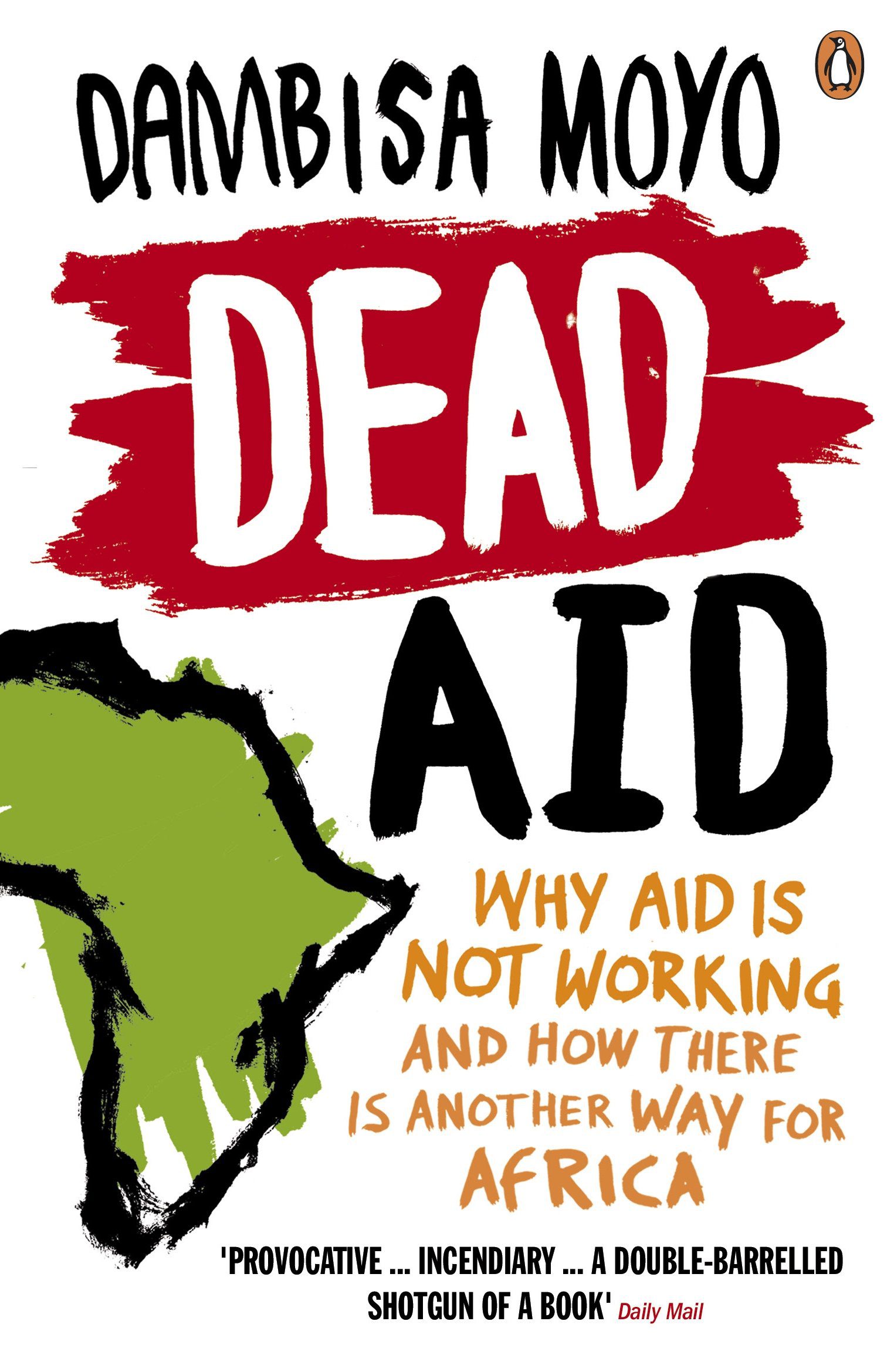
Dead Aid: Why Aid is Not Working and How There is a Better Way for Africa
The book "Dead Aid: Why Aid is Not Working and How There is a Better Way for Africa" argues that traditional aid to Africa is ineffective and harmful. It claims that aid perpetuates poverty by fostering corruption and dependency instead of promoting sustainable economic growth. The author advocates for alternative solutions such as investment and trade to create long-term prosperity in Africa, emphasizing the need for African countries to take control of their own development.
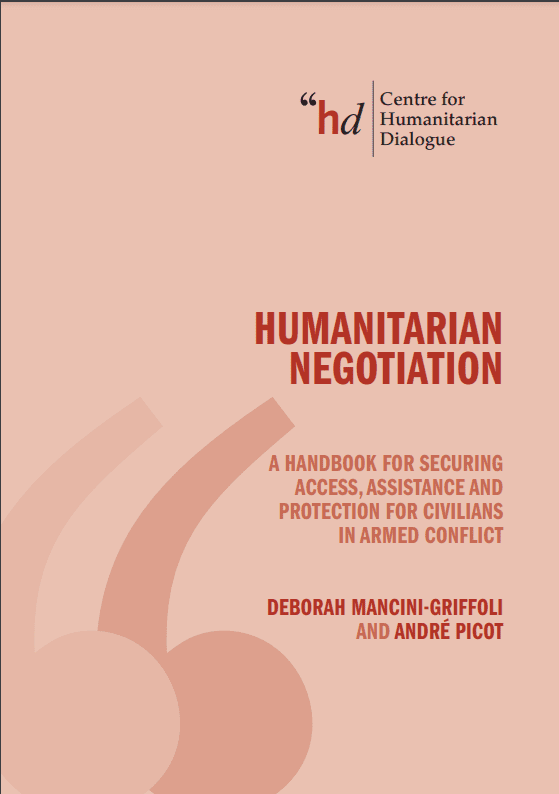
Humanitarian Negotiation: A Handbook for Securing Access, Assistance, and Protection for Civilians in Armed Conflict
This project would not have been possible without the many humanitarian workers who shared their negotiation experience with us. Interviewees are too many in number to be listed separately, but we would like to thank in particular the staff of the International Committee of the Red Cross (ICRC) in Geneva, Switzerland, and Macedonia, the staff of the United Nations High Commissioner for Refugees (UNHCR) in Geneva and Côte d’Ivoire, the members of Save the Children, representatives and inhabitants of La Maison Carrée and the refugee women of Treichville in Côte d’Ivoire, as well a...
The State of the Humanitarian System
The text discusses the challenging state of the humanitarian system, highlighting gaps in funding, coordination, and response effectiveness.
The Responsibility to Protect
The Responsibility to Protect doctrine asserts that states have the responsibility to protect their populations from genocide, war crimes, ethnic cleansing, and crimes against humanity. When a state fails to do so, the international community must intervene responsibly to prevent and protect populations from mass atrocities. This principle emphasizes the importance of upholding human rights and promoting peace and security globally.
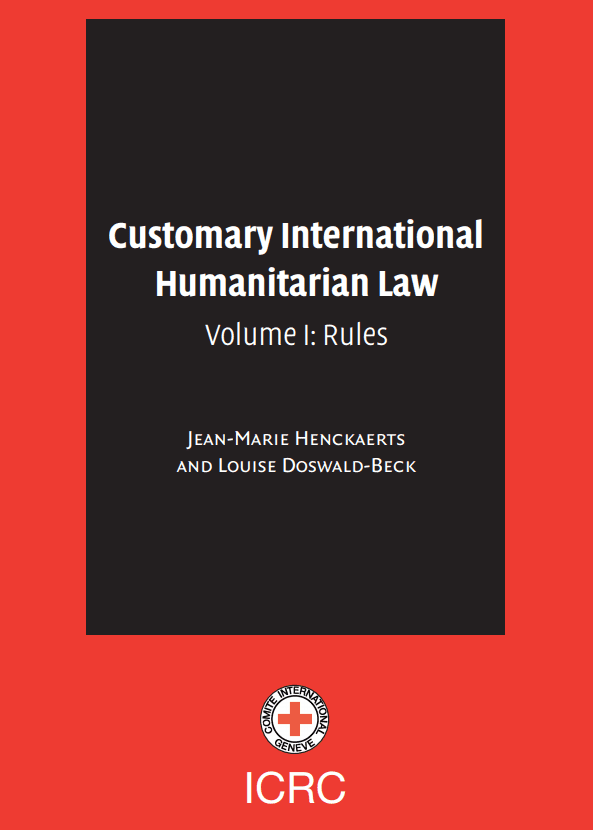
Customary International Humanitarian Law
Customary international humanitarian law is a set of unwritten rules derived from a general, or common, practice which is acknowledged as law. It's the basic standard of conduct in armed conflict accepted by the world community. Customary international humanitarian law is applicable universally – independently of the application of treaty law – and is based on extensive and virtually uniform State practice regarded as law.
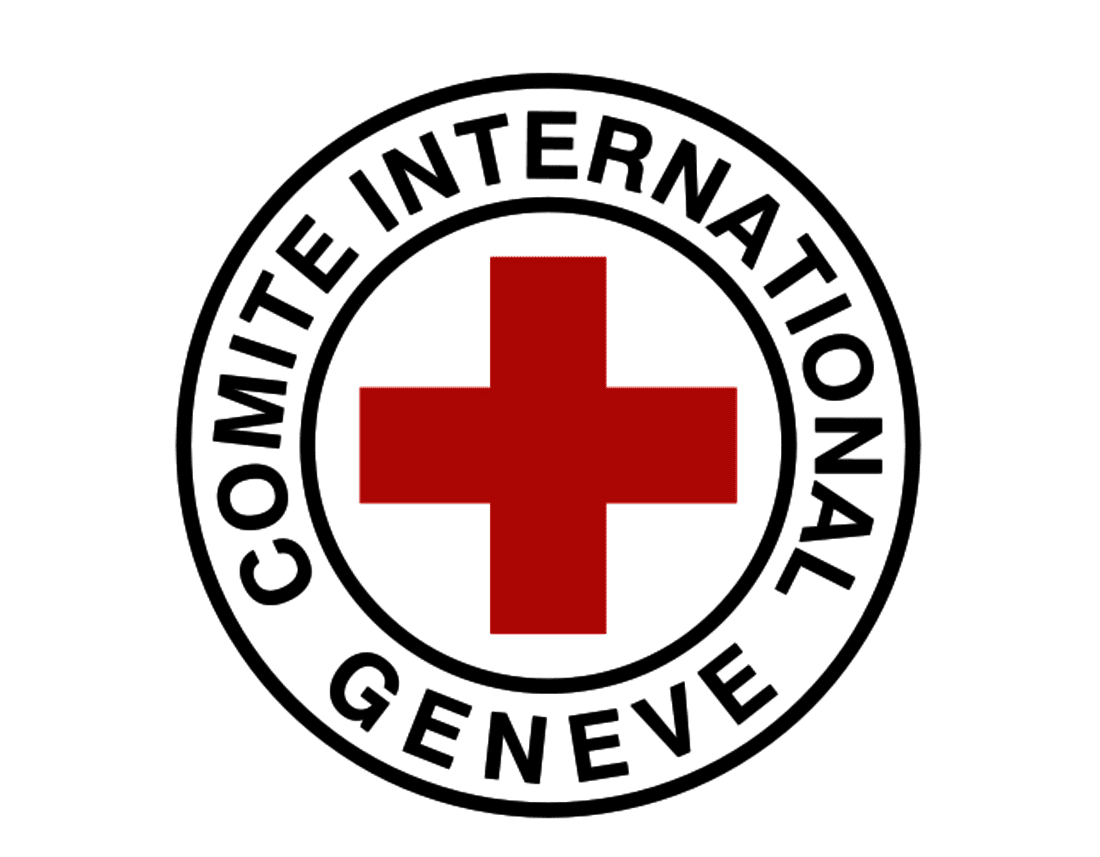
Strengthening of the Coordination of Emergency Humanitarian Assistance of the United Nations
The text discusses the Strengthening of the Coordination of Emergency Humanitarian Assistance of the United Nations.
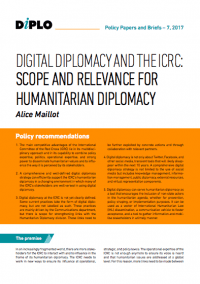
Digital Diplomacy and the ICRC (Briefing Paper #7)
In this briefing paper, Ms Alice Maillot discusses the potential of digital diplomacy for the International Committee of the Red Cross (ICRC). She looks at the changing nature of diplomacy, new developments in digital diplomacy, and how the ICRC can implement and adopt some of the current trends.
The latest from Diplo and GIP
Tailor your subscription to your interests, from updates on the dynamic world of digital diplomacy to the latest trends in AI.
Subscribe to more Diplo and Geneva Internet Platform newsletters!
Diplo: Effective and inclusive diplomacy
Diplo is a non-profit foundation established by the governments of Malta and Switzerland. Diplo works to increase the role of small and developing states, and to improve global governance and international policy development.


